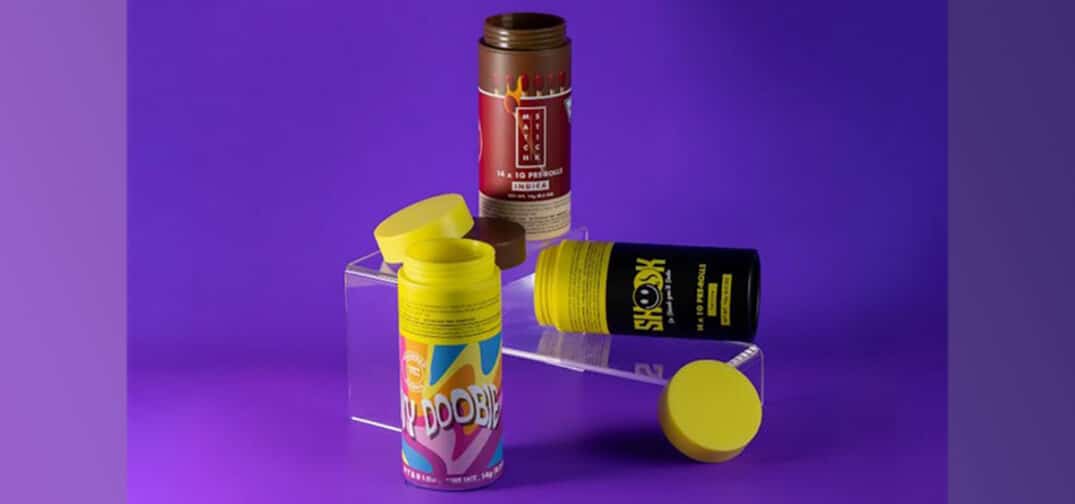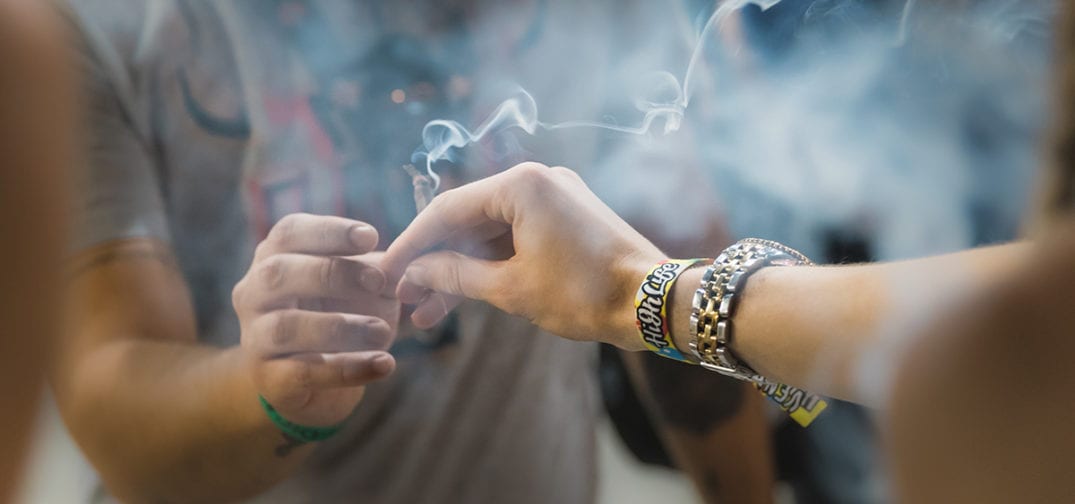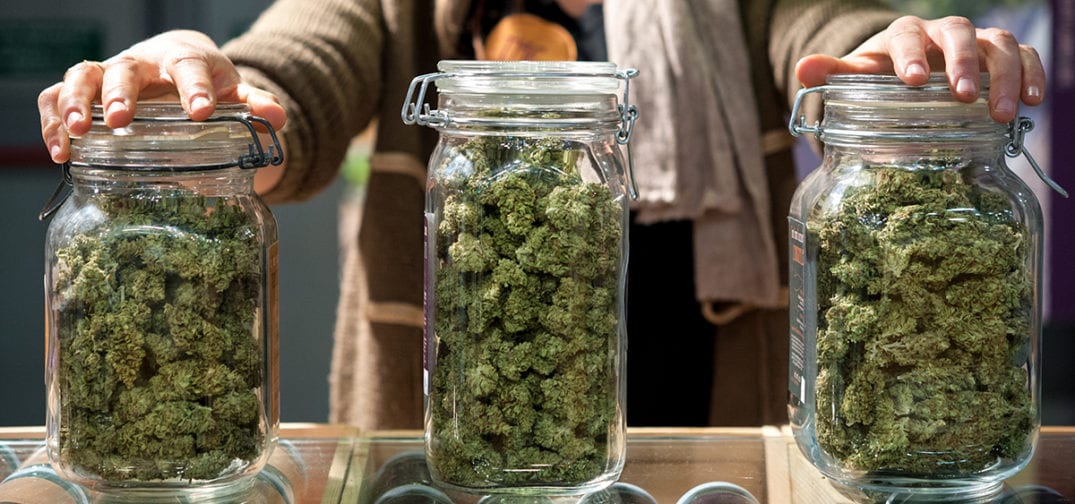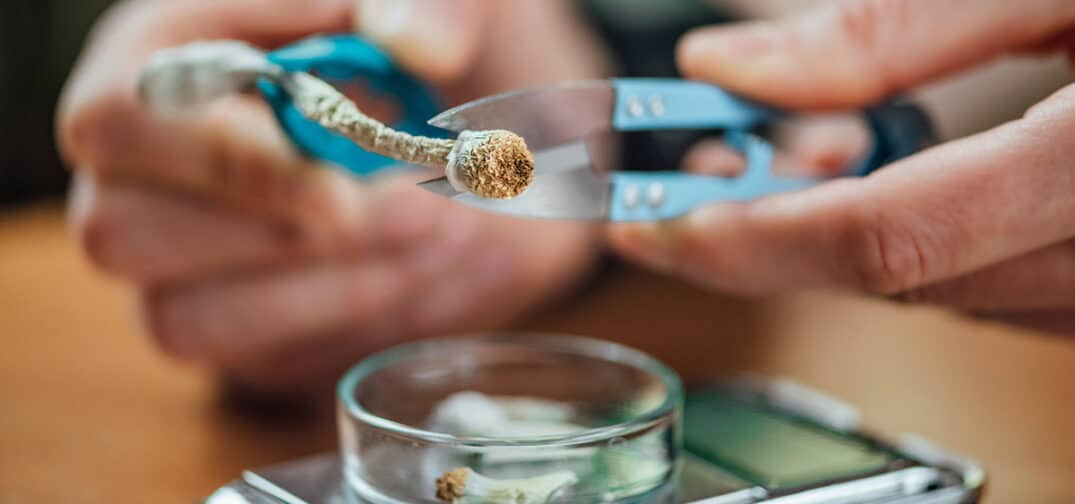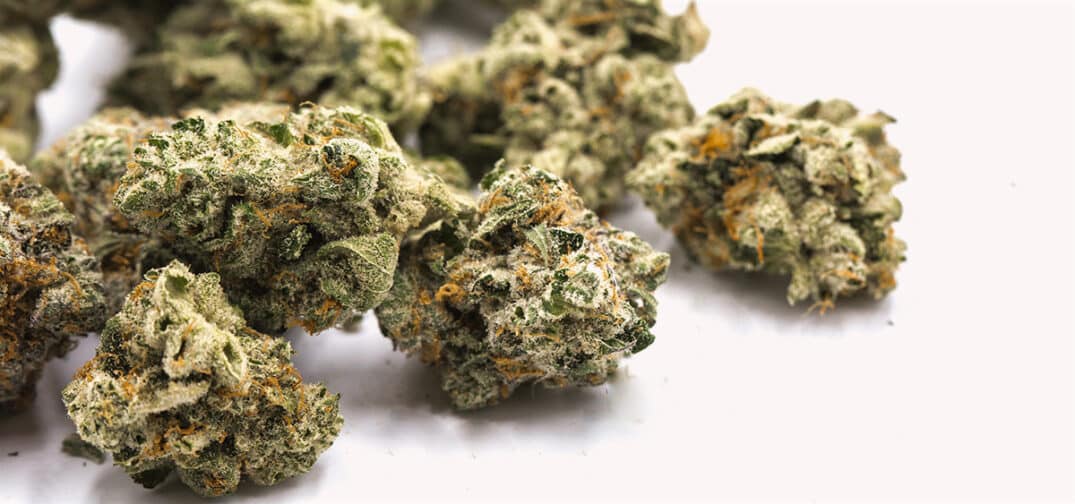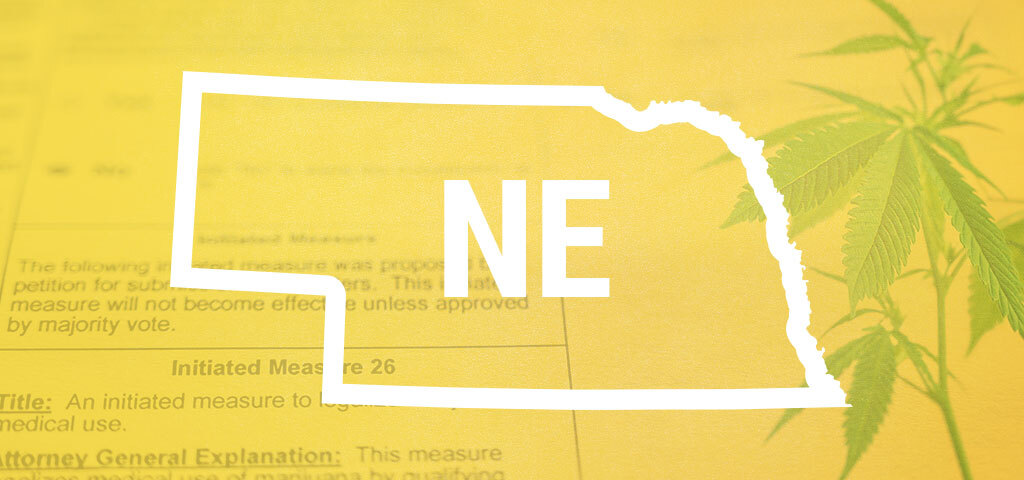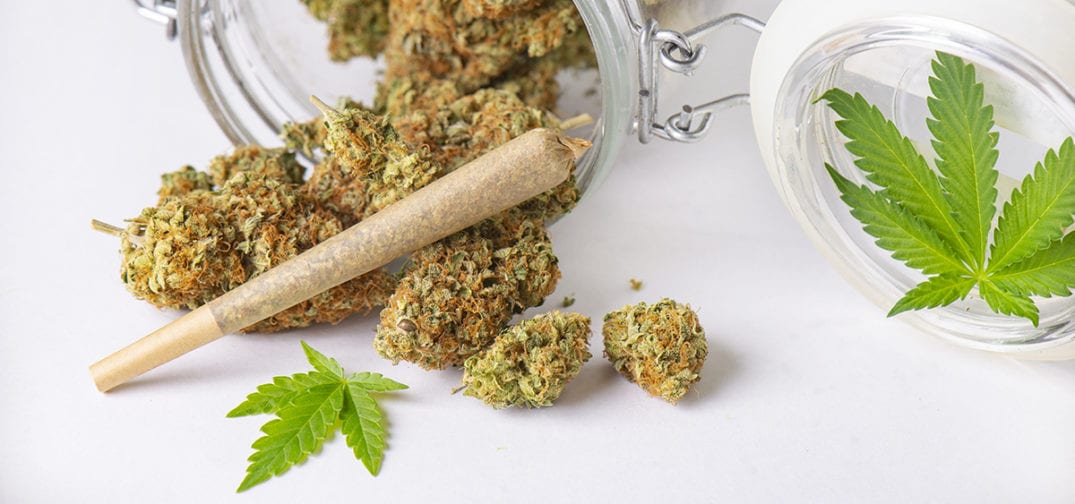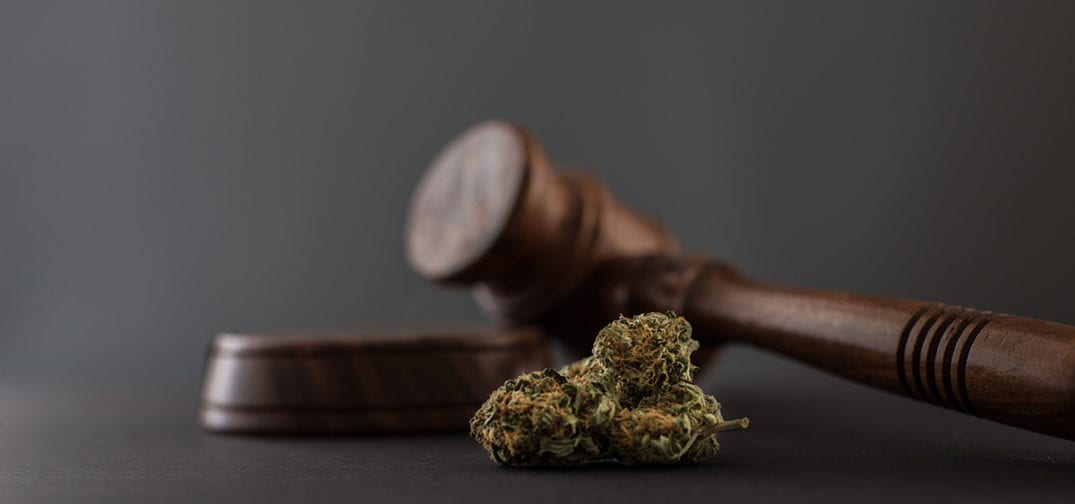Seven cannabis transport companies are suing the Illinois Department of Agriculture claiming that the agency’s licensing process favors larger white- and male-owned companies, the Chicago Sun-Times reports. The plaintiffs – ACC of Illinois Transportation, Runway Logistics Services, Hands to Heart, Reliavan, Fade Express, Piff Patch, and Moetta’s Transports – are majority-owned by women and/or minorities.
The lawsuit takes aim at custom “quickie” transporter license applications opened by the agriculture department in July 2021. Those applications gave lower compliance criteria to licensed medical cannabis cultivation centers and those larger companies are majority white- and male-owned. Those licenses were awarded prior to the agency licensing any independent operators which the companies said in the lawsuit was a “nail in the coffin for the minority and/or women-owned independent transporters, including the plaintiffs.”
“Without a customer base, independent transporters had no opportunity to achieve commercial success or to pay off accumulated debt related to applying for their license or running the business.” — Excerpt from the lawsuit
In a statement to the Sun-Times, attorney Alissa Jubelirer, who represents the plaintiffs notes that 68% of independent transporter firms in the state are minority- and women-owned businesses.
“This constitutes a clear case of disparate impact discrimination under the Illinois Civil Rights Act,” the statements says, “and the plaintiffs deserve to be compensated for the financial harm they’ve suffered.”
The lawsuit seeks damages for future lost profits as a result of the discrimination and attorney’s fees.
End

